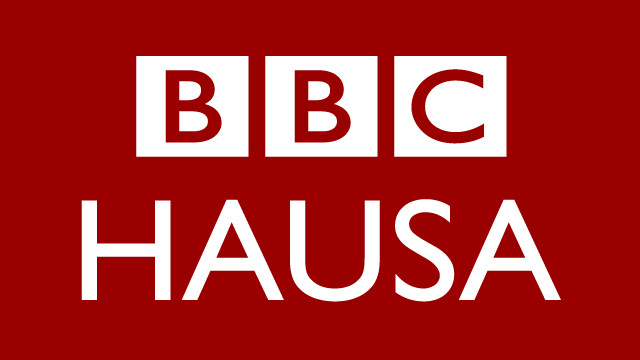BBC Hausa’s “Modern Perspective”
On Instagram last week, I chanced upon a clip of BBC Hausa’s forthcoming lifestyle web series being introduced by its fascinating host, Madina Maishanu, and the aim caught my attention at once. The series, Mahangar Zamani, which loosely translates as “Modern Perspective,” intends to capture the zeitgeist of this evolving generation, specifically the lifestyles of […]

On Instagram last week, I chanced upon a clip of BBC Hausa’s forthcoming lifestyle web series being introduced by its fascinating host, Madina Maishanu, and the aim caught my attention at once. The series, Mahangar Zamani, which loosely translates as “Modern Perspective,” intends to capture the zeitgeist of this evolving generation, specifically the lifestyles of the youth. It seemed to contrast with the conservatism upon which the British-owned media station has functioned, and I was quick to note that in my reaction to the promotional clip. BBC Hausa has been sensitive to the Hausa cultural idiosyncrasies despite shaping the perspectives of the Hausa-speaking world in over half a century, and the responsibility of drawing them further into the changing world rests upon them.
About a week earlier, the service also set the tone of national conversations around the Mambila hydropower plant project, which was unmasked as yet another white elephant. The investigative report has invited all stakeholders, especially the policymakers responsible, into explaining the degree of scam in the project. Even though the dream of the hydropower plant has been sold as rolling for 40 years without completion, with President Buhari’s media managers once showing it off as another of their achievements in the works, Nigerians were not aware that the latest promise to actualize it was a political gimmick.
But that’s the side of BBC Hausa, the first African language station of the BBC World Service, with which the Hausa-speaking world is familiar—one that sets an agenda for “serious” people and influences the thinking of tens of millions of listeners. Over the years, in their radio broadcasts across Nigeria, Cameroon, Chad, Sudan and wherever Hausa is spoken, the political and clerical classes are dominant voices.
But as the traditional radio paves way for the inventions of the “zamani” the new web series BBC Hausa intends to document, one of artificial intelligence and blockchain technology, the old audience becomes just a fraction of today’s target audiences. But, in my following of the programmes, I’ve been massively impressed by BBC Hausa’s sensitivity to the chameleon state of the digital space and its instant acknowledgement of the yearnings of the new age.
For this same broad, tech-savvy and largely youthful segment of the audience, BBC Hausa has launched other web-only series—Zamantakewa, Daga Bakin Mai Ita and Ku San Malamanku—and the contents have been a chain of dialogues between the traditional and the modern, with the old and the young merged into a byte to drive narratives and influence thinking.
But Aliyu Tanko, the service’s hardworking editor, is a notable multimedia journalist and his experience and versatility has come to bear in this transition to compete for the interest of a generation with a short attention span and attracted to colourful catalogues of options online. With a master’s degree in Journalism from the University of London and a stint as digital editor and radio producer, Mr. Tanko’s judgement of the dynamics of the media ecosystem has been informed.
As the head of BBC Hausa, the choices before Mr. Tanko must’ve been tough. He’s functioning in a system where his competitors aren’t other local language media organizations, but those in the nation’s official language. This aim necessitates the pursuit of the interests of an audience too impatient to read the tedious or view the banal. This understanding of the news world as an intense contest for the attention of fastidious listeners and readers has to be the inspiration for the platforms that offer Ms Madina and others a voice to inform, educate or provoke a curious generation.
When I visited the London office of the BBC in early 2019 to invite them to a student event of which I was in charge of media and promotions, I reached out to the Hausa service for coverage. I was anxious to have our ideas passed to such a wide audience. I was driven, in part, by my upbringing in Hausa sociology and awareness of the language service’s wide coverage. BBC Hausa wields massive influence in West and Central Africa, and their longevity in a changing world rests on mastering the digital behaviour of their audience. This is why I’m amused by their latest programmes and direction.
Mr Tanko, who’s spent years at the London office of the BBC, is evidently in tune with “modern perspectives,” and the web-only productions under his watch are a testimony to his managerial foresight since he returned to head the service in Abuja. Although in his early 40s and well-travelled, he’s a man of culture—and the modernity he must explore to keep the audience growing while domesticating the pop culture.
